GlyNAC (Glycine N-Acetyl-L-Cysteine) 99% – Aging, Cognition
24.82 € – 63.93 €
Premium GlyNAC Supplement (Glycine N-Acetyl-L-Cysteine) is a natural food supplement improves many age-associated defects due to aging and promotes healthy longevity. It is especially the combination of glycine and N-acetylcysteine, which effectively raises the levels of glutathione in our body.
- Description
- Additional information
- Reviews (0)
Description
Description
GlyNAC (Glycine N-Acetyl-L-Cysteine) is a natural food supplement may improve certain age-associated deterioration and support healthspan. It is the combination of glycine and N-acetylcysteine that can efficiently raise the levels of glutathione in the body. Glutathione is naturally present in all our cell tissues where it acts as an powerful antioxidant and scavenger of free radicals.
A recent study in 2023, showed several improved hallmarks of aging among older people subjects taking GlyNAC for a 4 month period. Improvements included raised glutathione levels, response to oxidative stress, reduced mitochondrial dysfunction, increased mitophagy, lowered inflammation, improved ins. resistance, diminished genomic damage, and cellular senescence. These hallmarks meant easier daily lives as measured in exercise capacity, waist circumference, muscle strength, blood pressure, and gait speed.
GlyNAC appears important in enhancing especially two essential functions of aging. First, there is mitochondrial health, which is vitally important and declines as we age. Second, it helps protect the body from oxidative stress, which increasingly damages our cells, membranes, proteins, DNA, and lipids as we age.
DNA Stability and Repair
Oxidative stress can damage DNA, leading to mutations and cellular dysfunction. Glutathione, supported by GlyNAC, contributes to DNA repair mechanisms, helping maintain the stability and integrity of the genetic material. This may play a role in slowing down age-related genomic damage.
Neuroprotective
GlyNAC supplement has been studied for its potential neuroprotective effects. The combination of glycine and NAC may support brain health by reducing oxidative stress, facilitating neurotransmitter function, and potentially contributing to the prevention or management of neurodegenerative conditions.
Mitochondrial Support
Mitochondria are the energy-producing organelles within cells, and their dysfunction is closely linked to aging. The antioxidant properties of GlyNAC supports mitochondrial health, optimizes energy production, and reduces the risk of age-related decline in cells.
Cellular Function
Premium GlyNAC may contribute to improved cellular function by supporting mitochondrial health. Mitochondria, the energy-producing structures within cells, rely on optimal levels of antioxidants like glutathione for efficient energy production.
Heart
GlyNAC may contribute to cardiovascular health by lower the risk for heart disease by reducing oxidative damage. By reducing oxidative stress and inflammation, the supplement may help protect the cardiovascular system and support overall heart function.
Detoxification
The combination of glycine and NAC in GlyNAC supports the body’s natural detoxification processes for the brain, kidneys, and the liver. NAC, in particular, is known for its ability to break down and eliminate toxins, including heavy metals and environmental pollutants.
Glutathione
GlyNAC contributes to an increase in cellular glutathione levels. Glutathione is a key antioxidant that plays a central role in detoxification processes, supports the immune function, and helps protect cells from damage caused by oxidative stress.
Respiration
N-acetylcysteine, a component of GlyNAC, is commonly used in clinical settings to support respiratory health. It can help break down and thin mucus, making it easier to clear the airways. This is may be relevant for individuals with respiratory conditions, such as chronic bron. or cystic fibrosis.
Immune System
Glutathione is crucial for proper immune system function. The antioxidant activity helps immune cells function optimally, supporting the body’s defense against infections and illnesses. Cellular health is maintained by replenishing glutathione levels.
Liver
N-acetylcysteine, one of the components of GlyNAC, has been studied for its hepatoprotective effects. It may support liver health by promoting the detoxification processes, reducing oxidative stress in the liver, and aiding in the management of liver conditions.
Muscles
GlyNAC may have benefits for muscle health, particularly in the context of aging. By supporting cellular function and reducing oxidative stress, it may contribute to maintaining muscle integrity and function. On average, muscle mass tends to decreases with 3-8% per decade after a person has turned 30.
Suggested use
The suggested dose is 1,000 – 1,500 mg daily (approximately 1/4 teaspoon). NAC contains a sulfur compounds which can have an unpleasant odor. This can be minimized by using by storing it in a refrigerator, by mixing it in a smoothie, or using fillable gelatin capsules.
Ingredients
GlyNAC (Glycine N-Acetyl-L-Cysteine) 99%+. No other ingredients. Our GlyNAC product contains an optimal level of 3:1 parts glycine to NAC. The product has naturally a slight citric taste and contains no additional flavours.
Disclaimer
The various effects are not guaranteed and results may vary due to several factors between different people.
We strive to ensure the accuracy of the information provided by the manufacturers and recommend that you read all labels and warnings. However, the information is not a substitute for, nor does it replace, professional medical advice, diagnosis, or treatment.
Additional information
| Weight | N/A |
|---|---|
| Weight (Bag) | 1000g (35.3oz), 100g (3.5oz), 200g (7.1oz), 500g (17.6oz) |
Only logged in customers who have purchased this product may leave a review.

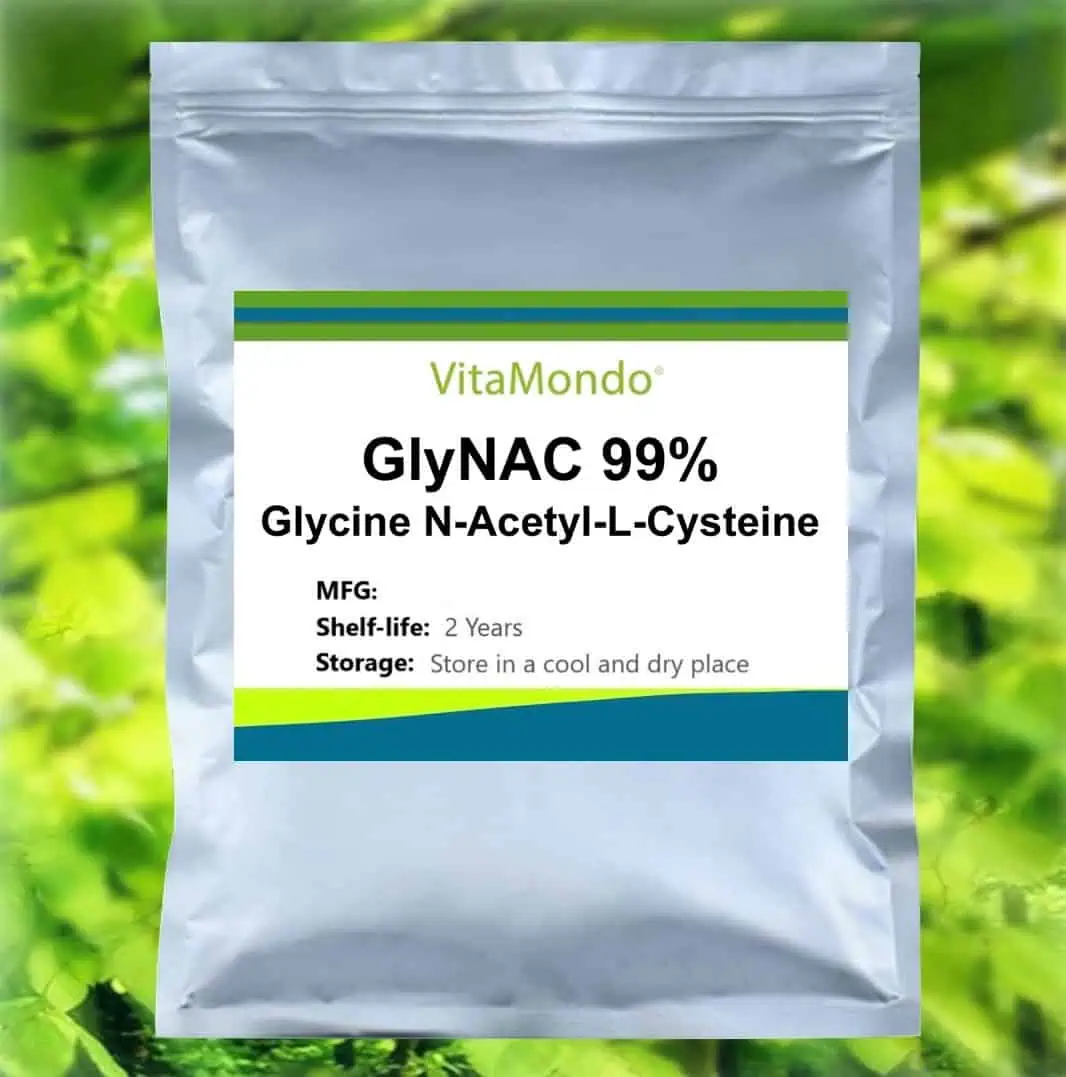
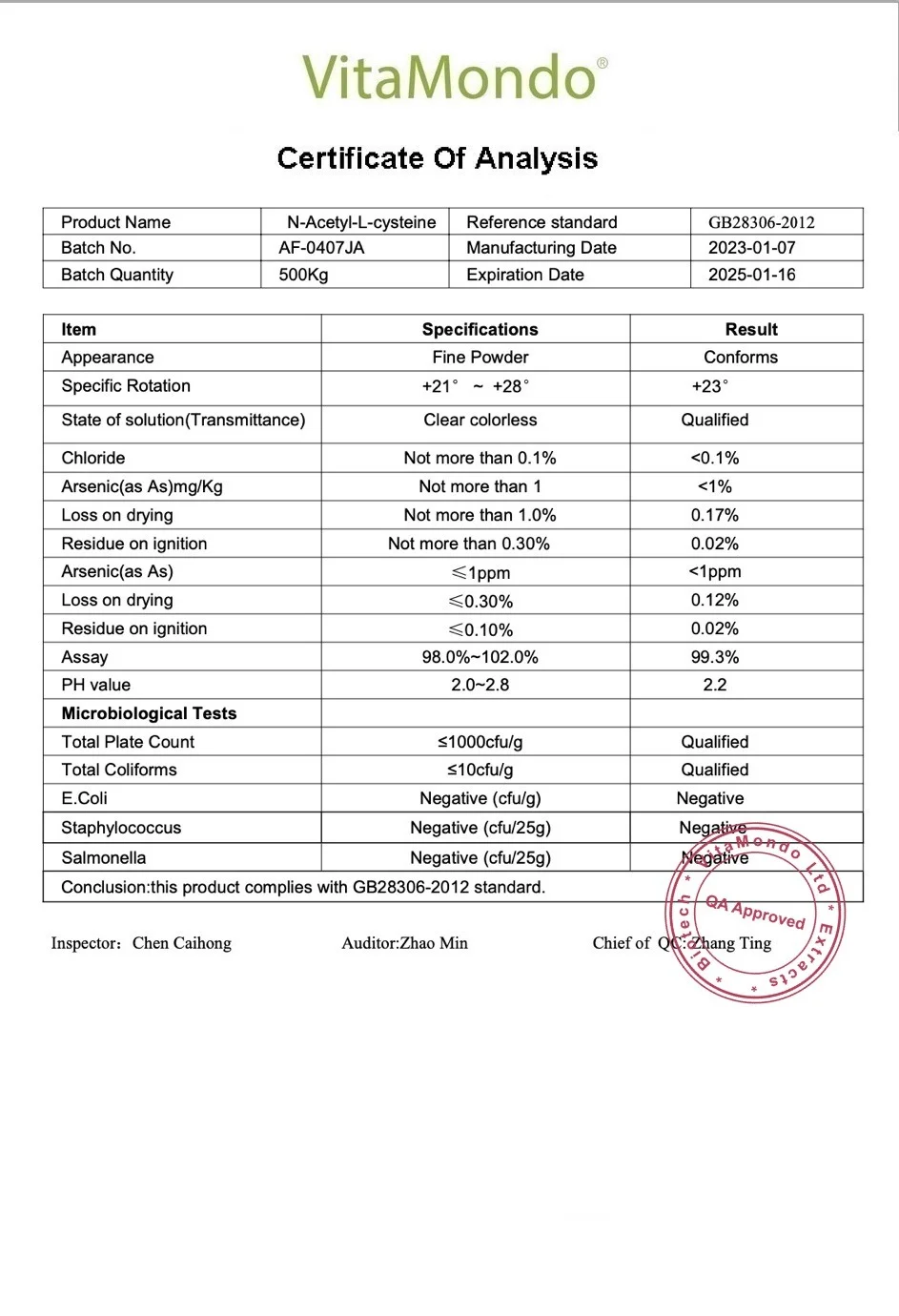
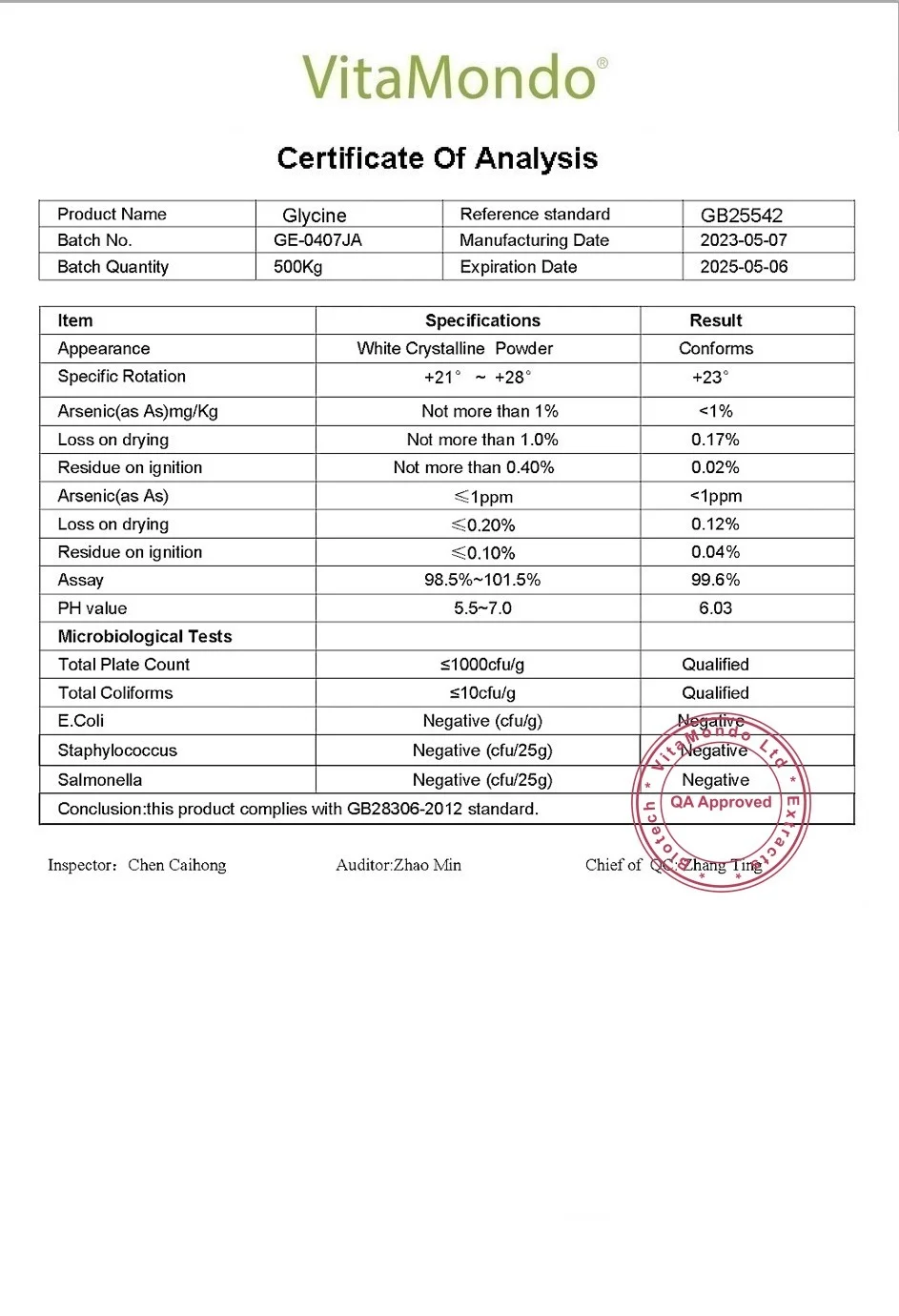
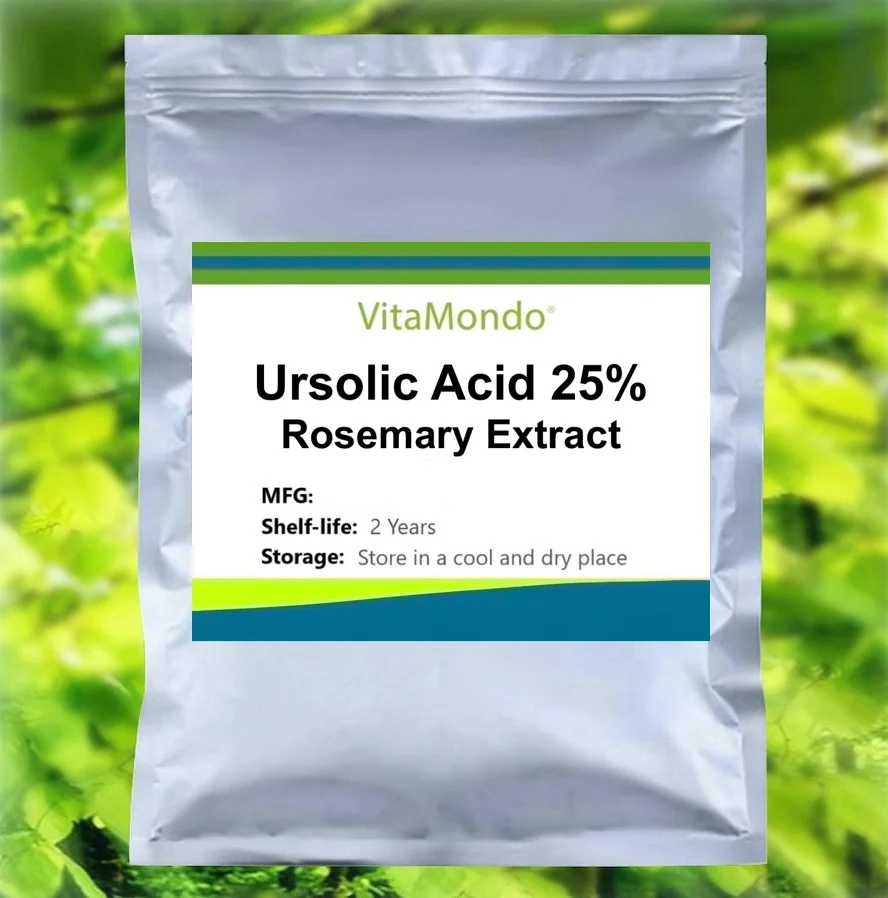
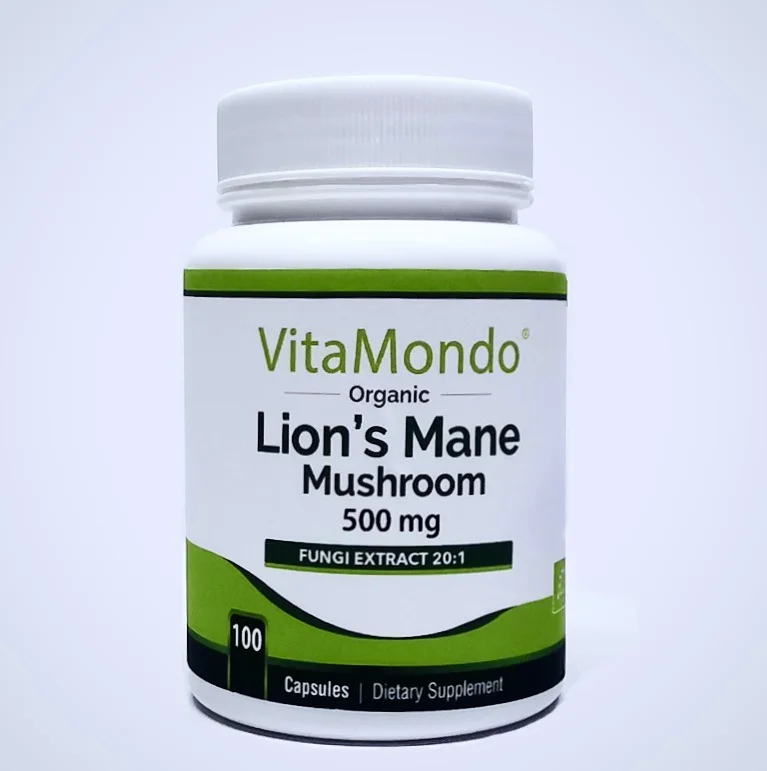
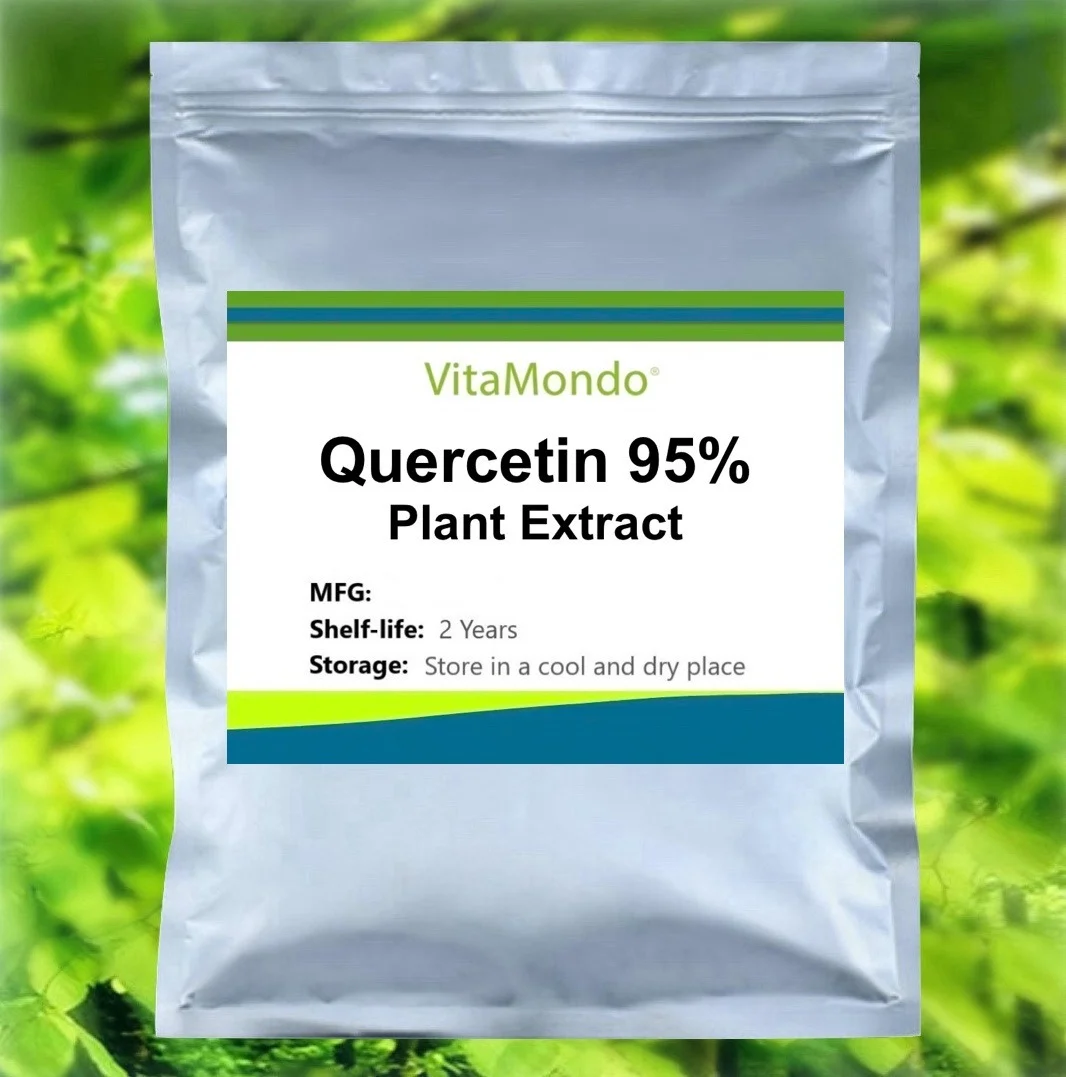
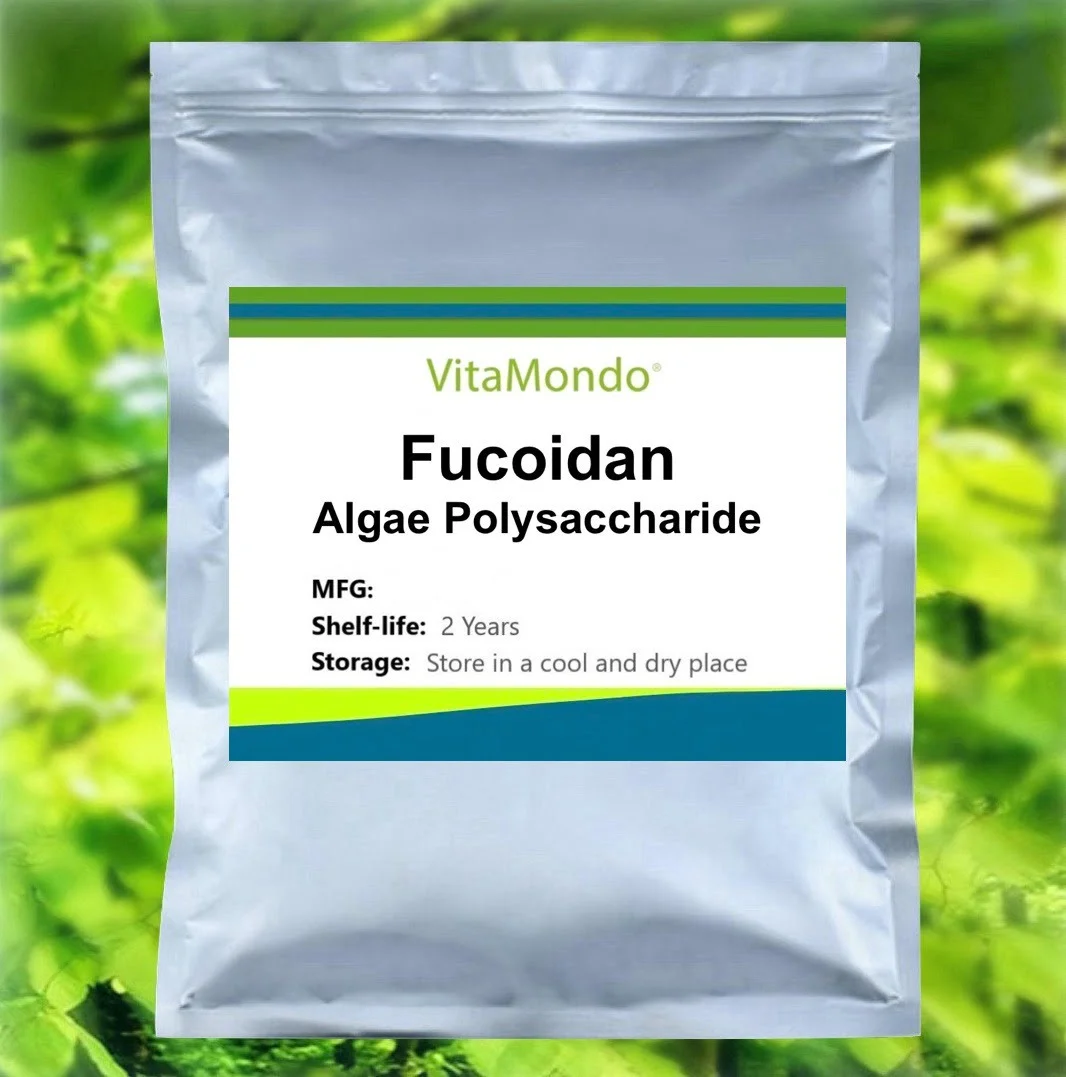
































Reviews
There are no reviews yet.